 |
| August 07, 2020 |
Dear Reader,
When explosions like the disaster in Beirut take place, investigators must sift through video footage, documents and other evidence to find out what happened. In today's lead story, Scientific American's technology editor Sophie Bushwick spoke with two explosion detectives about how they get to the roots of an incident, and what conditions can trigger an ammonium nitrate detonation. In space news, a study puts forward a new explanation for how Venus could have remained habitable for nearly three billion years before morphing into today's blistering hellscape. We also have a few updates on the coronavirus pandemic. Vaccine makers of the first two candidates in the U.S. plan to recruit 60,000 Americans to participate in late-stage clinical trials. But some experts warn that researchers must consider ethical concerns in testing and distributing vaccines against COVID-19. |
| | Sunya Bhutta, Senior Editor, Audience Engagement
@sunyaaa | |
 |
| |
| |
| |
| Policy & Ethics COVID-19 Vaccine Ethics: Who Gets It First and Other Issues Contributing editor W. Wayt Gibbs spoke with Arthur Caplan, head of the NYU School of Medicine's division of medical ethics, about some of the ethical issues that researchers have to consider in testing and distributing vaccines against COVID-19. |  | By W. Wayt Gibbs,Scott Hershberger,Steve Mirsky | 24:23 | | | |
| |
| |
| |
| |
FROM THE STORE
 | | Mind Over Mood: Understanding Anxiety and Depression Anxiety and depression are two of the most common conditions affecting mental health and overall quality of life, but there are tools for managing them. In this eBook, we'll explore how depression shows up in the brain, different manifestations of depression and anxiety, various talk therapies, technological innovations, lifestyle interventions and more. |  | | |
| |
FROM THE ARCHIVE
 | | Why Was the Texas Fertilizer Plant Explosion So Deadly? The substance that killed up to 15 people, injured 180 and wrecked the buildings in a five-block radius is the same stuff that makes the beans and barley grow. But not all fertilizers are equally dangerous. And the West plant may have been harboring the worst of them all By Jillian Scharr, TechNewsDaily | April 26, 2013 | | |
LATEST ISSUES
 |
| |
| Questions? Comments?  | |
| Download the Scientific American App |
| |
| |



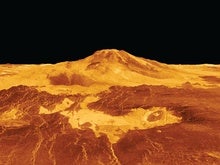
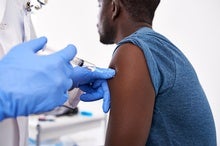
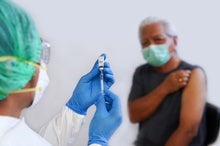
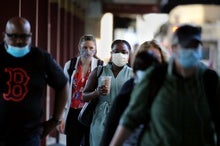
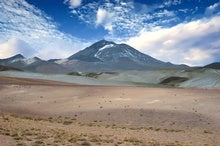


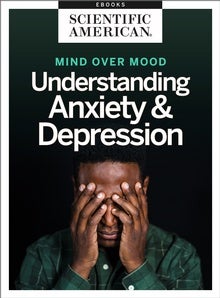


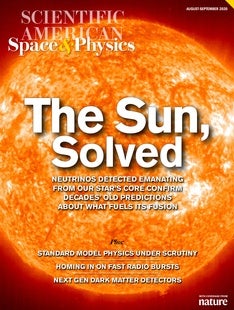

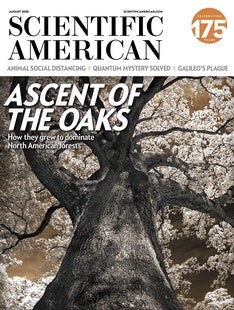
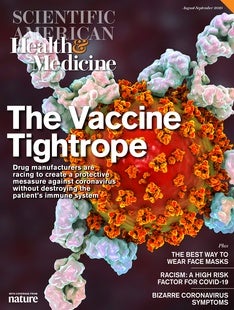
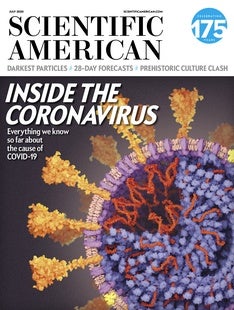



Comments
Post a Comment